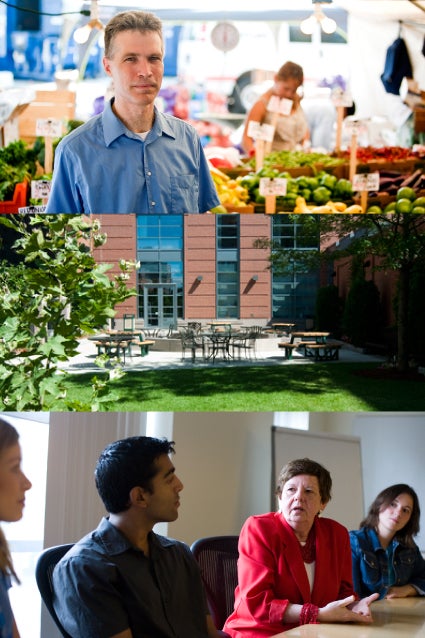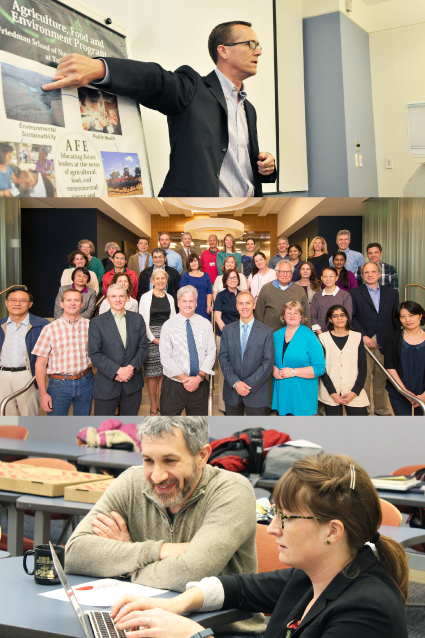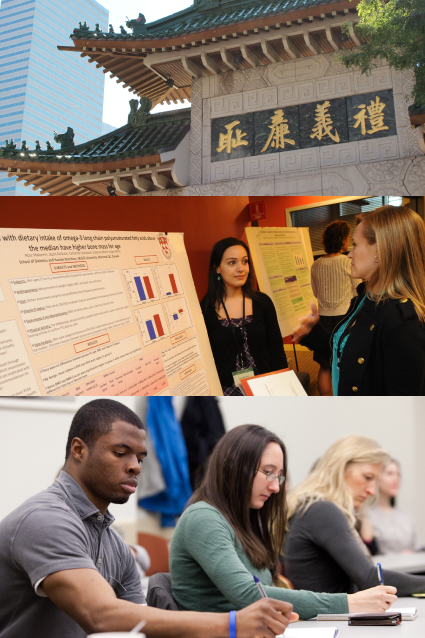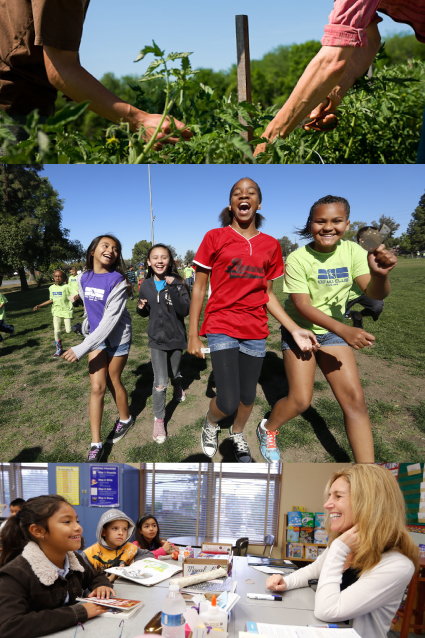Tufts Food Lab
A Unique Approach
Knowing how to prepare delicious food can provide an irresistible opportunity to translate advances in nutrition science and sustainable farming into real-world impact. At the Tufts Food Lab, we believe that solutions to problems in our world’s food systems can be found by connecting the study of regenerative agriculture, nutrition science, and the culinary arts into one interactive discipline.
How We Work
To apply the strongest resolve to addressing food challenges, the Tufts Food Lab collaborates on projects and research with entrepreneurs, innovators, scientists, chefs and bakers, farmers and millers, local and international companies, public agencies, foundations, and other universities. These partnerships, both new and on-going, engage Food Lab graduate students in a diversity of perspectives, networks, and opportunities.
Why Include Baking and Cooking?
For many people, what we eat and how we prepare it is passed down through generations around the shared table. This is where nutrition, agriculture, flavor, and community come together and where we at the Tufts Food Lab gather to test our research and better understand the context and viewpoints of food system producers.
Real Flour Has Flavor
The Food Lab selects a focus food group each semester. During the fall of 2019, the Food Lab curriculum will investigate grains and bread — two of the world’s most important dietary staples.
Topics will span the viability of regional grain economies, the impact of history and culture on cultivation and consumption, the collaborative opportunities among regional, national and global scales of grain-related enterprises, and the under-utilized diversity of delicious flavors embedded within the thousands of varieties of wheat grown in almost every soil and climate.
Leadership
By exploring the intersection between regenerative agriculture, nutrition science, and gastronomy, the Tufts Food Lab generates new science, educates creative and resourceful leaders, and benefits human and planetary health by impacting the ways we research, grow, and cook our food.
Going Forward
The Food Lab began with an initial focus on wheat and other grains, as these account for about half of the calories in U. S. diets. Going forward, graduate student goals and the challenges presented by climate change and growing populations will expand each semester’s curriculum to include other food crops and livestock, and to bring forward new initiatives that develop and implement wellness-promoting strategies.
For more information, send an email inquiry to foodlab@tufts.edu







